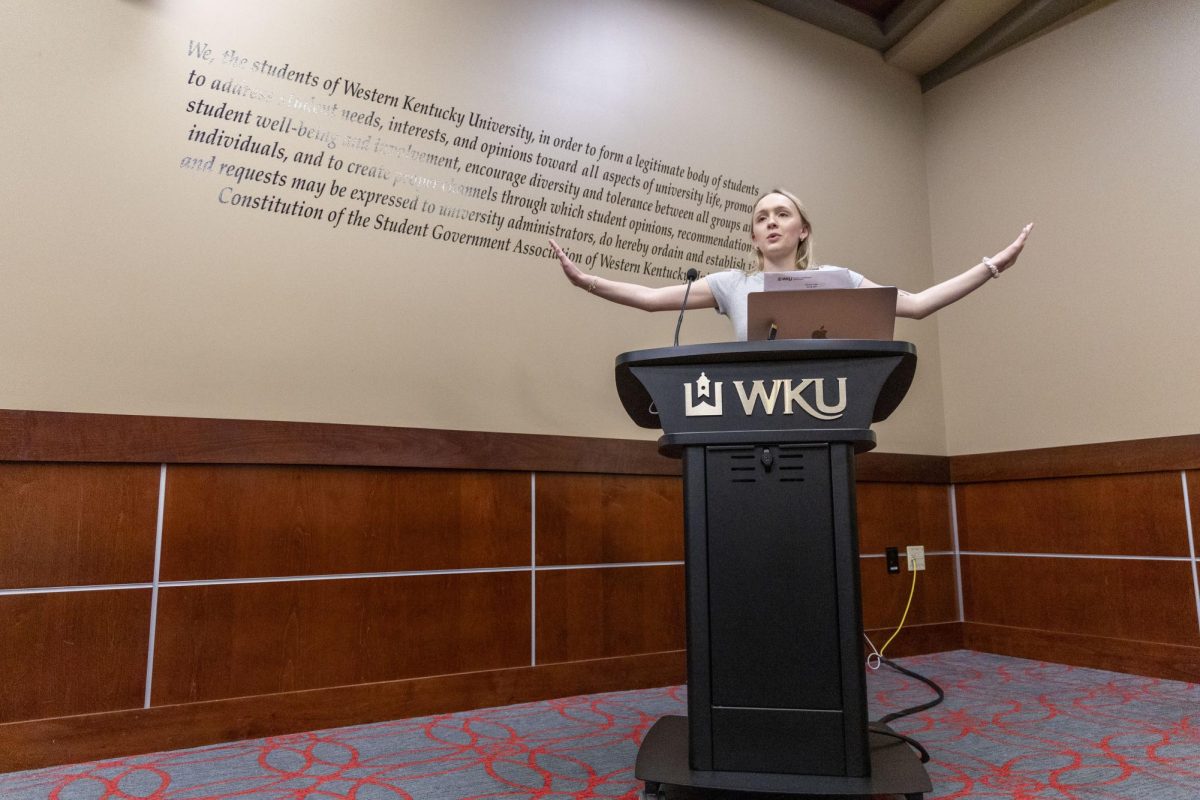Kentucky is changing laws on the retirement system. Here’s what it means for WKU.
September 3, 2019
A recent change to Kentucky law aimed to fix parts of the state’s troubled retirement system. What that means for WKU will be decided in the coming months.
In July 2019, the Kentucky General Assembly passed House Bill 1. The bill will allow “quasi-governmental agencies,” such as universities, to exit the state retirement system. Tony Glisson, director of human resources for WKU, said that under the new law nothing will change for WKU employees who are currently in the Kentucky Teacher Retirement System.
Retirement funds for WKU faculty and staff are organized into two state- wide systems, the Kentucky Employee Retirement System (KERS), for positions that don’t require a bachelor’s degree or higher, and the KentuckyTeacher Retirement System (KTRS), for positions that do.
“It only affects our employees in KERS,” Glisson said. “It allows employers to possibly elect to get out of the state system, put new hires into the ORP, and pay in installments whatever the institution’s liability is associated with those participants.”
WKU also employs its own system, the Optional Retirement Plan. ORP
is a 403(b) plan, which is similar in many ways to a 401(k) plan. The main difference is that a 403(b) plan is for “certain employees of public schools, employees of certain tax-exempt organizations, and certain ministers,” according to the IRS.
In other words, the university’s Board of Regents can vote to leave the state retirement system. If WKU leaves the system, it will have to pay a liability to the state. Glisson said that the cost of the liability is not yet known.
“We have requested our numbers but won’t have them until early in 2020,” Glisson said in an email.
According to a report from WKU Media Relations Director Bob Skipper and WKU Director of Government and Community Relations Jennifer Smith, the new bill only impacts “KERS non-hazardous participants.”
Hazardous recipients are defined as police officers, firefighters, and “other positions with duties that require a frequent exposure to a high degree of danger or peril,” according to Kentucky Retirement Systems.
According to the report, HB1 does not change retirement benefits for KERS. Rather, it freezes employer contribution to the system at 49.97% of their salary until July 1, 2020, and creates options for employers to leave KERS.
The report stated that faculty and staff are sorted into the systems by the requirements of their position. If an employee’s position requires a bachelor’s degree, the employee will get to choose whether their retirement is put into KTRS or ORP. However, it is different with someone whose position does not require a bachelor’s degree.
“If a position does not require a bachelor’s degree, you are put into KERS,” Smith said. “Those employees don’t get to choose.”
Smith said that in essence, this means that if someone holds a doctorate but is employed in a field that does not require a doctorate or a bachelor’s degree, they will be put into KERS regardless of their degree.
According to the report, there are two routes WKU can take if it wishes to exit the system. One route, a “hard exit” will withdraw everyone from the state systems and freeze retirement benefits as of June 30, 2020. The report states that this is unlikely.
The other exit strategy is known as a “soft exit.” Under this plan, anyone hired by the university before January 1, 2014 will remain in the state retirement system with no change. However, those hired after January 1, 2014, would move into ORP.
In addition to these exit options, the university could simply opt to stay in the current system. According to the report, the university has until April 30, 2020 to make a decision.
Reporter Jack Dobbs can be reached at 270-745-0655 and jack.dobbs469@ topper.wku.edu. Follow him on Twitter at @jackrdobbs.













